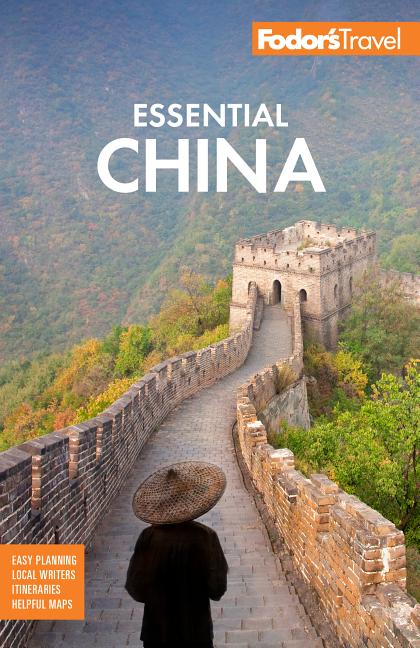Major Festivals in Beijing
Most of China's holidays and festivals are calculated according to the lunar calendar and can vary by as much as a few weeks from year to year. Check online for more specific dates.
Chinese New Year. Chinese New Year, China's most celebrated and important holiday, follows the lunar calendar and falls between mid-January and mid-February. Also called Spring Festival (Chūnjié), it gives the Chinese an official week-long holiday to visit their relatives, eat special meals, and set off firecrackers to celebrate the New Year and its respective Chinese zodiac animal. Students and teachers get up to four weeks off, as do some factory workers. Most offices and services reduce their hours or close altogether. Avoid visiting during Spring Festival as the city tends to shut down and many of the things you'll want to see may be shut.
Dragon Boat Festival. The Dragon Boat Festival, on the fifth day of the fifth moon (usually falling in June), celebrates the national hero Qu Yuan, an honest politician who drowned himself during the Warring States Period of ancient China in despair over his inability to save his state (it was a time of great corruption). Legend has it that the fishermen who unsuccessfully attempted to rescue Qu by boat tried to distract fish from eating his body by throwing rice dumplings wrapped in bamboo leaves into the river. Today, crews in narrow dragon boats race to the beat of heavy drums, while balls of rice wrapped in bamboo leaves (zongzi) are consumed by the population en masse.
Labor Day. Labor Day falls on May 1, and is another busy travel time. In 2008, the government reduced the length of this holiday from five days to two, but the length of the holiday now changes from year to year.
Mid-Autumn Festival. Mid-Autumn Festival is celebrated on the 15th day of the eighth moon, which generally falls between mid-September and early October. The Chinese spend this time (trying to) gaze at the full moon and exchanging edible "mooncakes": moon-shaped pastries filled with meat, red-bean paste, lotus paste, salted egg, date paste, and other delectable surprises.
National Day. Every October 1, China celebrates National Day, in honor of the founding of the People's Republic of China back in 1949. Tiananmen Square fills up with a hefty crowd of visitors on this official holiday, with people granted the entire week off work and school. Domestic tourists from around the country flock to the capital during this time. Steer clear of Beijing during national week if you don't want to battle endless crowds at all the main sights.
Qing Ming. Not so much a holiday as a day of worship, Qing Ming (literally, "clean and bright"), or Tomb Sweeping Day, gathers relatives at the graves of the deceased on the 15th day from the spring equinox—April 4th, 5th, or 6th, depending on the year—to clean the surfaces and leave fresh flowers. In 1997, the staunchly atheist Communist party passed a law stating that cremation is compulsory in cities and other densely populated areas. As such, this festival has since lost much of its original meaning.
Spring Lantern Festival. The Spring Lantern Festival marks the end of the Chinese New Year, and is celebrated on the 15th day of the first lunar month (sometime in February or March, depending on the year). Residents flock to local parks for a display of Chinese lanterns and fireworks.




